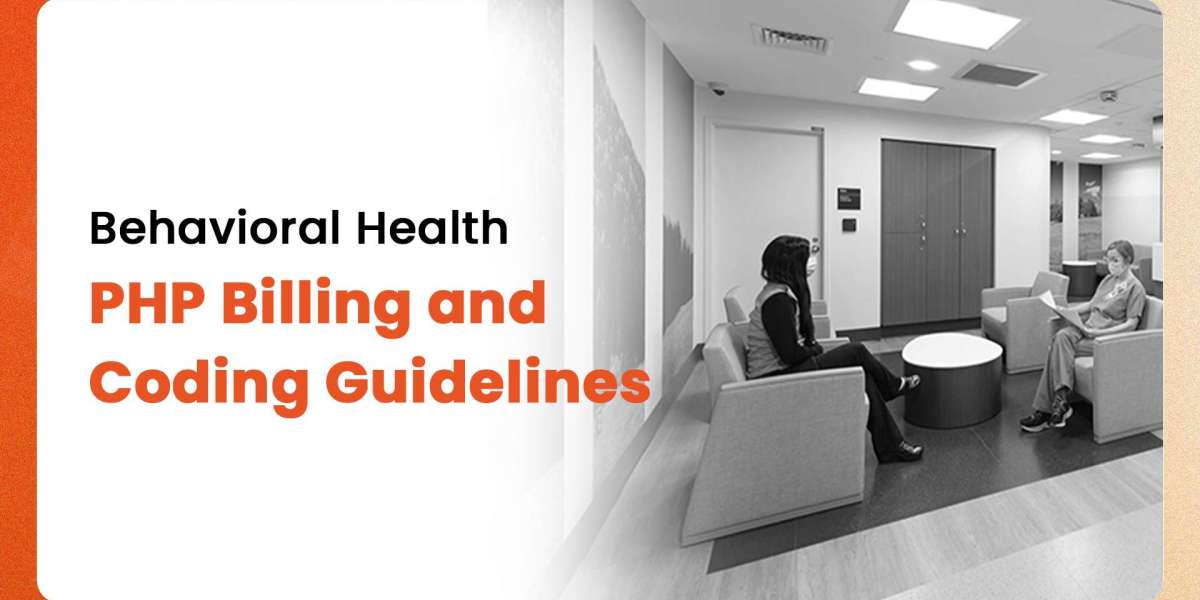Billing for behavioral health services plays a critical role in ensuring financial stability for providers while facilitating access to essential treatments for patients. This article explores best practices to optimize billing processes in this specialized area of healthcare.
Importance of Effective Billing Practices
Effective billing practices are essential for behavioral health providers to sustain their practices and continue delivering quality care. By adhering to best practices, providers can minimize administrative burdens and focus more on patient care and treatment outcomes.
Best Practices for Behavioral Health Billing
Insurance Verification and Eligibility: Before scheduling appointments, verify patients' insurance coverage to confirm eligibility and understand coverage limitations for behavioral health services.
Clear Communication with Patients: Educate patients about their insurance coverage, including copayments, deductibles, and any out-of-pocket expenses they may incur. Clear communication reduces misunderstandings and enhances patient compliance with payment responsibilities.
Accurate Documentation: Document all services provided, using appropriate billing codes (CPT, ICD-10) and ensuring that documentation supports the medical necessity of treatments. Thorough documentation minimizes claim denials and supports appeals if necessary.
Timely Claim Submission: Submit claims promptly after services are rendered to expedite reimbursement and reduce payment delays. Timeliness in claim submission also enhances cash flow for the practice.
Stay Informed About Billing Regulations: Keep abreast of changes in billing regulations and insurance policies affecting behavioral health services. Attend training sessions or workshops to stay updated on best practices and compliance requirements.
Addressing Challenges in Behavioral Health Billing
Challenges such as complex insurance policies, frequent billing code updates, and compliance requirements can impact billing efficiency. By proactively addressing these challenges and implementing best practices, providers can mitigate risks associated with claim denials and payment delays.
Conclusion
Effective billing practices are integral to the financial health of behavioral health providers and the accessibility of services for patients. By adopting best practices outlined in this article, providers can enhance billing accuracy, streamline administrative processes, and ultimately improve the delivery of behavioral health care.
In conclusion, optimizing billing practices in behavioral health services supports sustainable healthcare practices and ensures that patients receive timely, effective treatment for mental health and substance use disorders.







